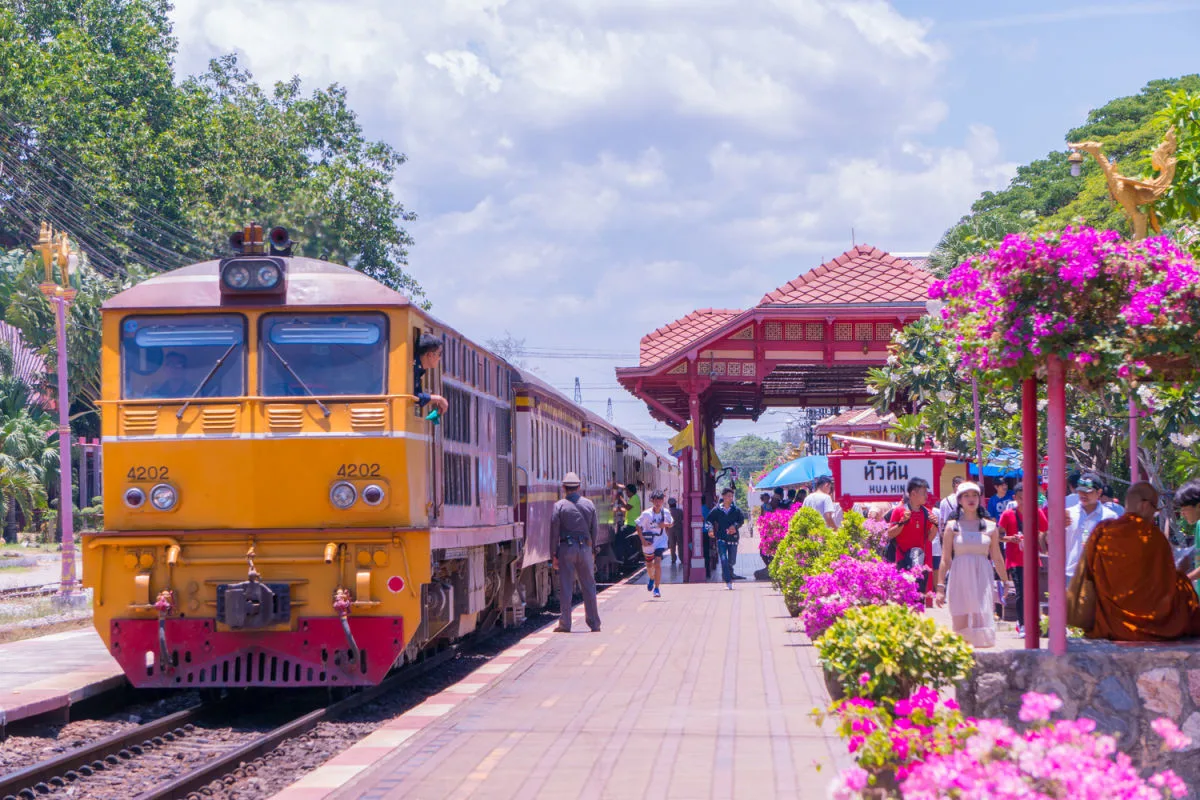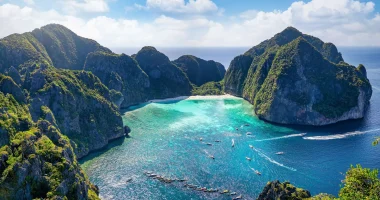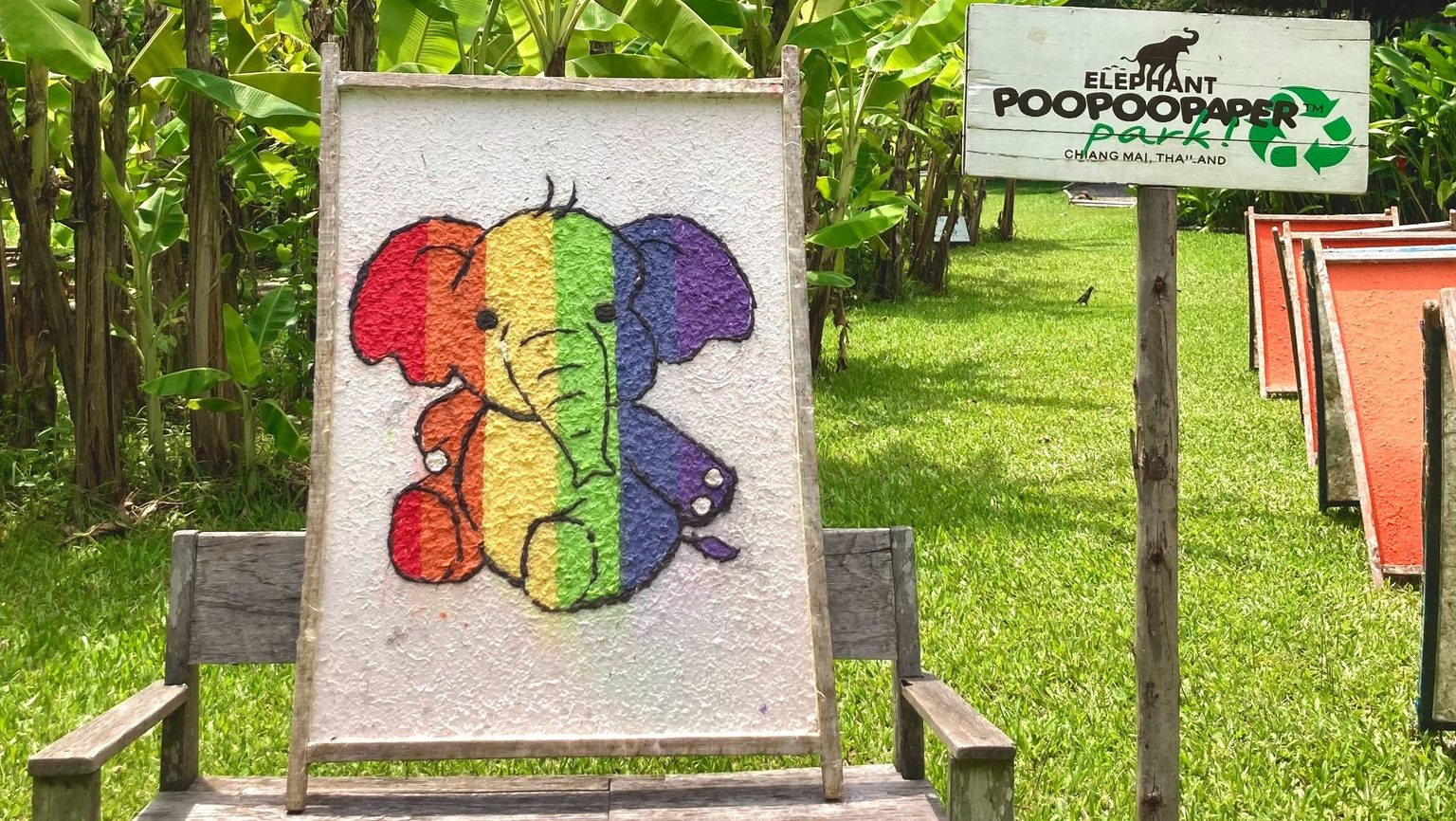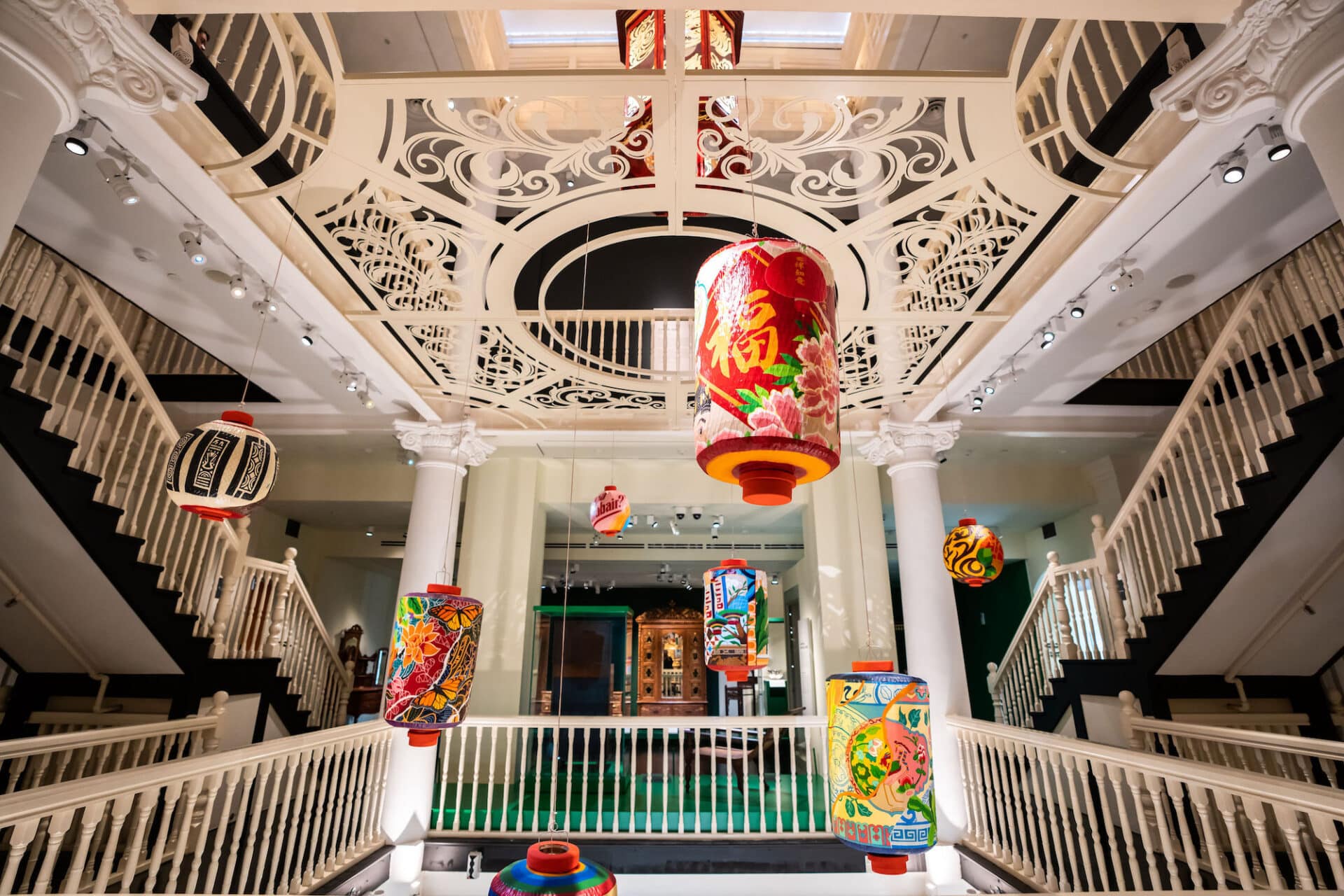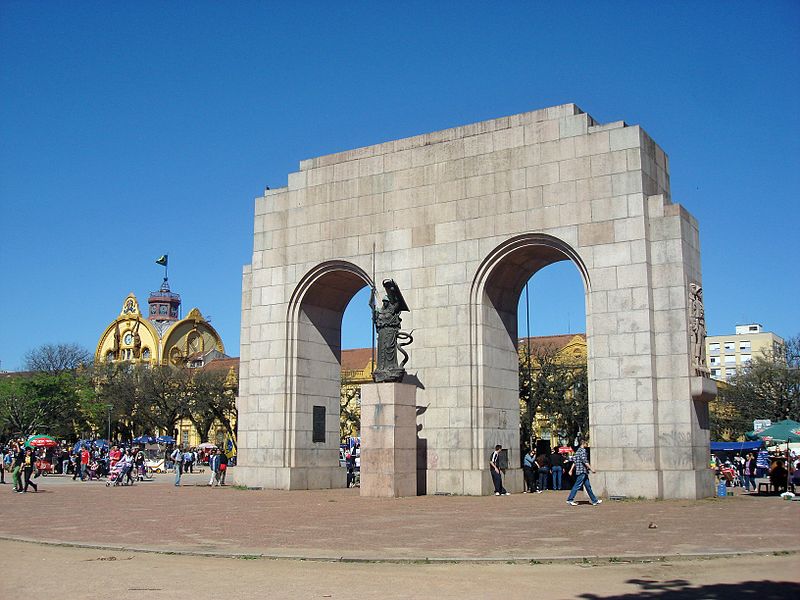Tradition and Transformation: The Phuket Vegetarian Festival
Cultural Significance and History
Phuket’s Vegetarian Festival, also known as the Nine Emperor Gods Festival, has made a vibrant return after a three-year hiatus due to pandemic restrictions. Rooted in the traditions of Phuket’s Peranakan Chinese community, who migrated from Malaysia centuries ago to work in the tin mining industry, the festival is a unique blend of veganism and self-mortification acts of devotion. The festival marks the start of Taoist Lent, when Sino-Thais abstain from eating meat of all kinds. This extraordinary event, spanning nine days every October, draws locals and tourists alike.
Piercings and Processions: The Spectacle of Devotion
Extreme Piercings and Mutilation
The act of inserting swords, skewers, umbrellas, lampshades, or other objects through the cheeks of participants is a prominent aspect of the festival. These individuals, known as Mah Song or spirit mediums, believe that these piercings bring good luck and drive away evil spirits. It’s believed that during the rituals, devotees enter a trance to bring the gods to earth. Spectators wear white to represent purity, gather and respectfully bow while the spirit mediums distribute blessings.
Community and Culture: A Unifying Celebration
Phuket’s Multicultural Community
The Vegetarian Festival has evolved into a distinctly Phuketian event, embracing participants from various faiths. As Chanachon “Jood” Tandavanitj notes, Phuket’s long-standing international atmosphere fosters a close-knit relationship between different cultures, with Thai temples, Chinese shrines, Malay Muslim mosques, and Christian churches coexisting harmoniously. The festival originally started to celebrate the end of a pandemic almost one hundred years ago.

